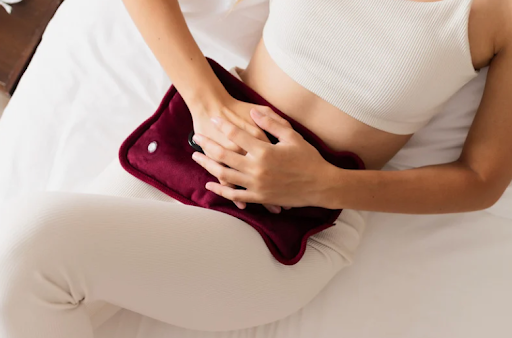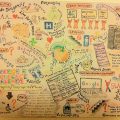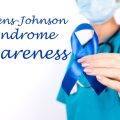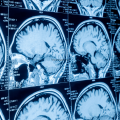Women’s bodies go through so much during their lifetimes. Their periods start at a young age, and then before they know it they are entering perimenopause. Women’s bodies are so complex and unfortunately, a lot of women are still left with questions and concerns because of a lack of education. Women deserve to feel comfortable in their own skin, and there is no reason for them to live their whole lives confused about the symptoms their body is facing and how to manage them. Mother nature can sometimes wreak havoc on women’s bodies, but investing in education and health resources can give them the confidence they need to conquer whatever it is they are going through.
Out of everyone on this earth, nearly 4 billion of them are women. You would think that because there are so many women out there, that there would be substantial women’s health education. One of the biggest issues women face today is the fact that so many live with irregular periods. Each woman is supposed to menstruate, so it’s important for them to understand what is happening inside their bodies at any given moment. Studies show that between 14% and 25% of women have irregular cycles. This can lead to uncomfortable symptoms, and in severe cases can cause fertility issues. Periods are a normal part of human life, and women’s health education should also be more accessible.
The reason education surrounding periods is so important is because an irregular cycle can mean multiple things. For starters, just because a woman has an irregular period, does not always mean something bad is happening to her body.
“Irregular periods don’t always have to mean something is wrong. Your menstrual cycle can fluctuate for a variety of reasons such as weight loss or gain, starting a new medication, or even something as simple as stress. A woman’s body is complex and oftentimes, it feels like it has a mind of its own,” says Proov CEO Amy Beckley.
Women’s bodies are complex, and that’s why they deserve complex answers. There is a huge lack of awareness surrounding periods and women’s health in general, and it can often leave women feeling alone in their uncomfortability. There needs to be more extensive conversations surrounding all the different period scenarios, so girls at all ages understand what could happen. Even though an irregular period can be due to stress or weight changes, it could also signify a body change that requires more attention.
“There are times where an irregular period might need some additional monitoring. Irregularity in your menstrual cycle can be an indication of perimenopause – the transition to menopause. During this transition, it is not uncommon to see changes in your cycle. With your hormone levels fluctuating and the end of your menstruation cycle approaching, it is almost expected that your cycle will become more sporadic; whether that be longer flows, heavier periods, or no period at all. That doesn’t mean you need to be concerned. This is a natural cycle for women and so long as it is managed effectively, it should not feel like a hindrance in your life,” Beckley says.
There is no reason women should feel unprepared for the road ahead. Whether they are entering menstruation or perimenopause, they should have all the answers and resources they need to take on this new phase of their lives. Having an irregular period can cause women to feel all out of whack, and who wants to feel like that? The answer is no one. That’s why women’s health education is so necessary, because it can give them the tools they need to manage the symptoms their bodies endure.
Having open conversations and talking about periods at a young age can help women and society as a whole de-stigmatize women’s health. Having a period is a normal thing and it should be treated as such. Mother nature can truly wreak havoc on women’s bodies, and having the resources to manage the storm will help give women power over their periods.




